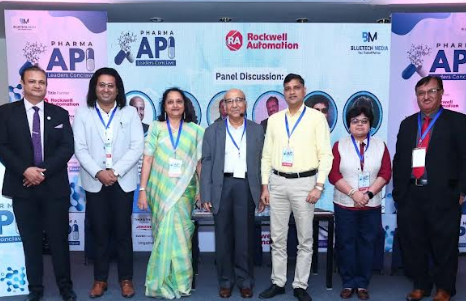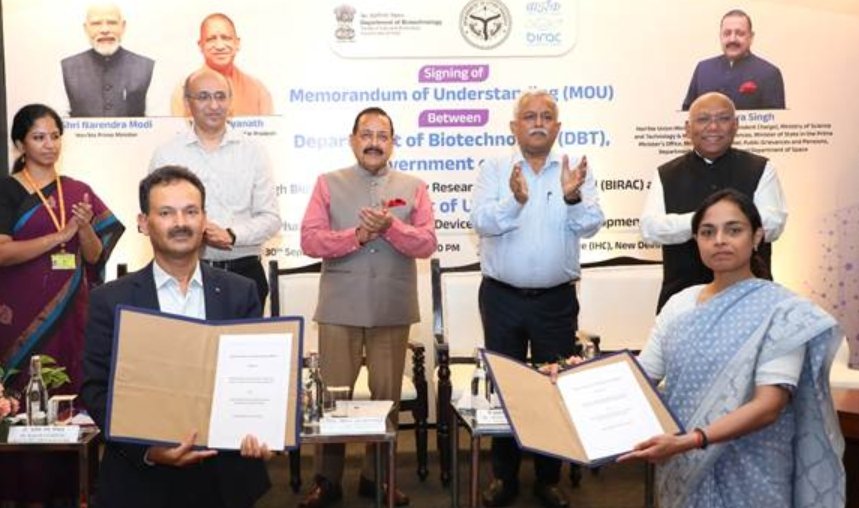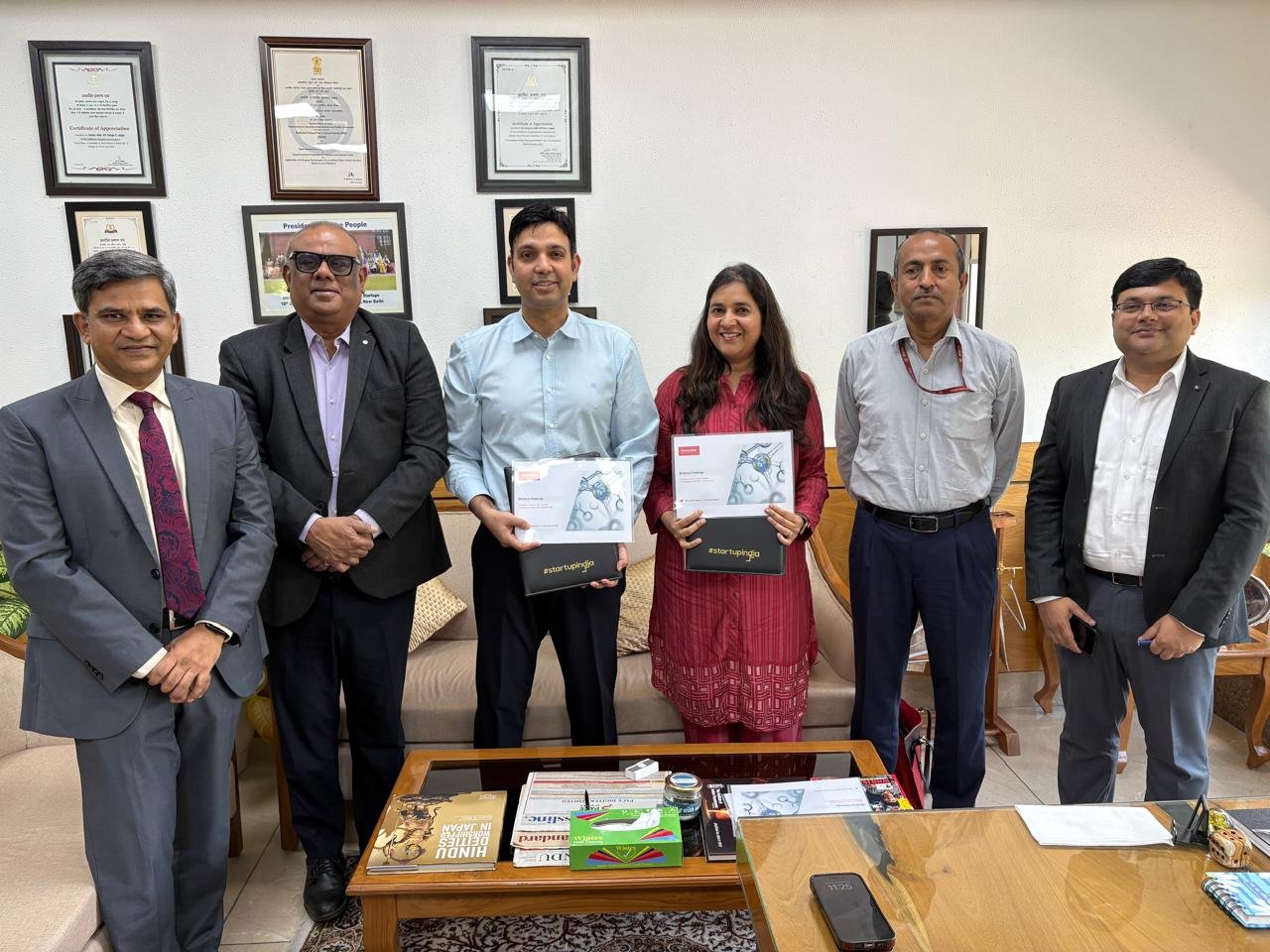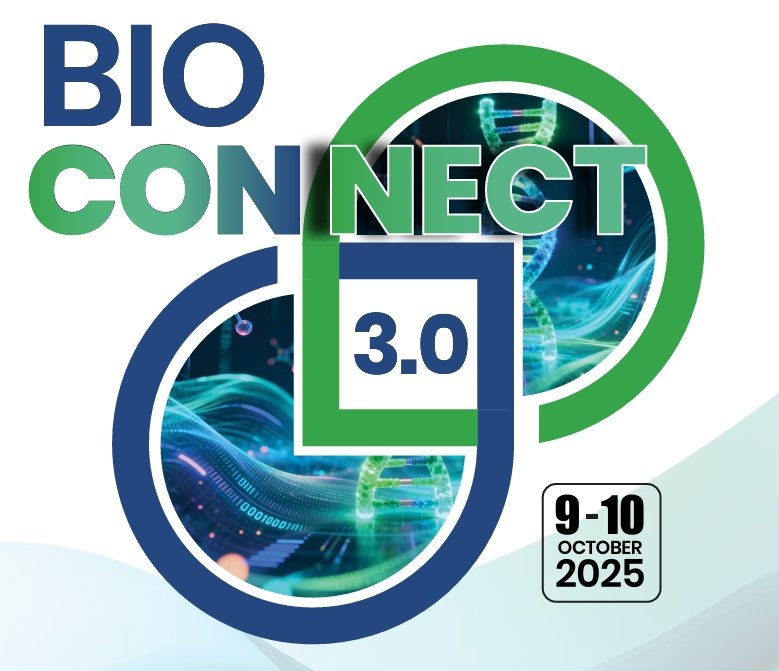"API industry in India should leverage digitalisation and AI from product transfer stage to cut cost": Dr Pradnya Deshmukh, Wockhardt Group
March 07, 2023 | Tuesday | News | By Bhagwati Prasad
Dr Pradnya Deshmukh, President, Global Head, Quality and Compliance, Wockhardt Group was speaking at Pharma API Leaders Conclave in Mumbai
The API industry in India should use digitalisation and artificial intelligence (AI) from the product transfer stage to minimise cost. The monotonous repeat process should be managed by AI and the decision making steps to be done by technocrats.
These were some of the key deliberations made at the Pharma API Leaders Conclave held between March 2 and 3 in Mumbai. Ashish Chauhan, Director, BlueTech Media conducted the proceedings during the event with title partner of the event as Rockwell Automation.
“The integrated manufacturing approach, which needs to be adopted in terms of product transfer from the very basic lab scale to pilot scale to commercialisation, would require seasoned project management with focus on efficiency improvement and also strong technical competence with automation by using AI", said Dr Pradnya Deshmukh, President, Global Head, Quality and Compliance, Wockhardt Group (third from left in the image).
"There should also be skilled project management to manage budget, timeline and risk. There is also a requirement of analytical support with a deep understanding of the regulatory approval process”, added Dr Pradnya.
She further stated that the key to cost saving in the API industry would also include constant and open communication between R&D, manufacturing, quality and regulatory affairs departments. Management to evaluate project success as an organisation – backward integration is also required and cost of failure at GMP premise should be dealt with as a sensitive issue.
Dr Pradnya also explained that there is a need to identify plant issues and attempt to address them at the R&D stage. There should be recovery of solvents and use of by products through reverse engineering. There should be involvement of the plant manufacturing team during kilo batches troubleshooting and chemical understanding.
"Most importantly, there should be generation of safety data at lab level to avoid large scale mishaps", she explained.
Other speakers of the event included Dr Roshan Palewar, CEO, Pharma Global Leader, Mumbai and Dr Ashok Kumar Bhattacharya, MLE, Harvard Square, Fellow, Institute of Directors, Mumbai, who spoke about pricing, urgent adoption of automation and technology towards creating economies of scale.
Companies which participated in the two day Conclave included TONGADIVE, JEKSON VISION, Rockwell Automation India, Blue Ocean Compliance, ThermoFisher Scientific India, Mettler Toledo and Ascent Total Solutions.
The API industry today has an annual turnover of over $2 trillion. It registered a growth of 7 per cent to 9 per cent in FY 2022 mainly driven by market access to emerging economies like India. According to a report by MarketsandMarkets, the global API market was valued at $170.8 billion in 2020 and is projected to reach $240.8 billion by 2025, growing at a CAGR of 7.1 per cent during the forecast period.
In March 2020, the Indian government launched a scheme called the Production Linked Incentive (PLI) scheme to promote the domestic manufacturing of APIs and key starting materials (KSMs). The scheme offers financial incentives to companies that set up new manufacturing facilities or expand existing ones in India. The government has allocated a budget of Rs 6,940 crore for the scheme, which is expected to create new job opportunities and reduce India's dependence on imports of APIs and KSMs.
The Indian government has proposed to set up Mega API Parks in the country to encourage the development of a self-sufficient API ecosystem. These parks will provide world-class infrastructure and common facilities for API manufacturing and will be equipped with advanced R&D facilities.
The Centre is planning to provide incentives to companies that invest in R&D for the development of new and innovative APIs. This will encourage companies to focus on research and development and develop new APIs that can meet the global demand. The government is also planning to provide training and skill development programmes for the workforce in the API industry. This will help in creating a pool of skilled professionals who can cater to the growing demand for APIs.
The government is focusing on promoting exports of APIs to other countries to not only increase India's revenue but also strengthen India's position in the global API market.
Bhagwati Prasad










